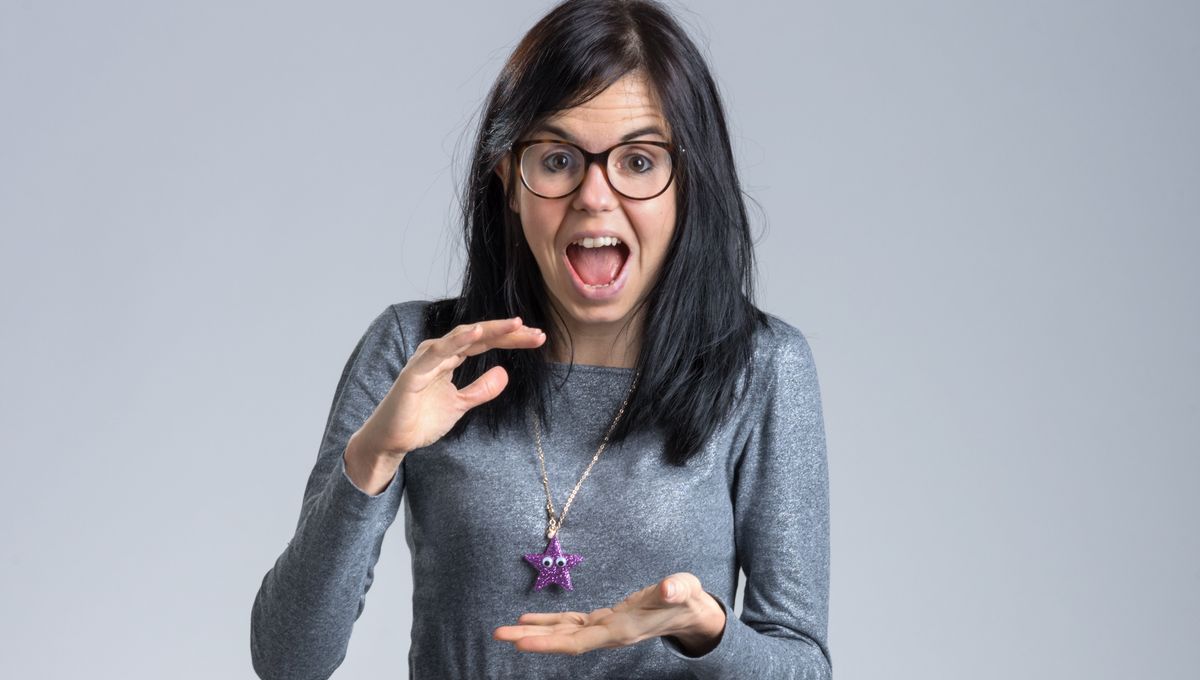
There are more than 1.5 million biographical articles on Wikipedia, covering the lives of some of history’s most notable scientists, inventors, politicians, artists, and so on. It’s undeniably a vast number – but out of those 1.5 million, less than 285,000 are about women. Even fewer are estimated to be about non-white people. And even those who do manage to squeeze in among the hordes of white Western men aren’t guaranteed a permanent spot in Wikipedia’s repository: articles about women and people of color are less likely to be added to and improved, less likely to be read, and notably more likely to be deleted when they don’t link to other pages.
That’s why Jessica Wade, a British physicist specializing in Raman spectroscopy of polymer-based organic light-emitting diodes, has taken things into her own hands – literally. She’s personally written more than 1,750 articles for the online encyclopedia, in a singularly impressive attempt to redress the biographical balance for female and minority scientists and engineers.
“[Wikipedia is] used by pretty much everyone,” Wade told the Washington Post earlier this week. “[But] despite it being this incredibly important resource, it… suffer[s] from a lack of content, particularly about women, but also about people of color.”
It’s a big job, and often a thankless one: Wade has had dozens of articles deleted or flagged as failing the website’s longstanding “notability” criteria.
Yet, as others have pointed out, the definition of “notable” seems to be somewhat laxer for men than for other genders. Take Clarice Phelps, the nuclear chemist recognized as the first Black woman to be involved with the discovery of a chemical element: her profile was marked for deletion within a few months of Wade creating it.
And even more notorious, though not one of Wade’s creations, was the case of Donna Strickland, a literal Nobel Prize winning physicist who was deemed not notable enough for a Wikipedia article right up until an hour and a half after her Prize was awarded.
Many more, though, are Wikipedia success stories. Wade’s biographies include climatologist Kim Cobb; mathematician and Air Force Space and Missile Pioneers Hall of Fame inductee Gladys West; physicist June Lindsey, who was influential in the discovery of DNA; Ijeoma Uchegbu, a pioneer in pharmaceutical nanoscience; and vaccinologist Sarah Gilbert, who helped develop the Oxford–AstraZeneca COVID-19 vaccine.
“The process is finding people first – usually it’s an award holder, someone who’s been given a fellowship, someone who’s published a really great paper, or somebody who’s done a recent really good talk. Every morning, I go on Twitter and I’ll look,” Wade told the New York Times in 2019.
“Then I check if they meet the notability criteria on Wikipedia,” she explained. “And then I do a bunch of research, and I write as I go. So I’ll have like 20 tabs open with all different aspects of their career and then start to stitch together a biography from that.”
But even here, there can be problems. The gender and racial bias among Wikipedia articles isn’t just a Wikipedia issue, Wade explains: Phelps, for example, played a crucial part in the discovery of tennessine, but was left out of official announcements and publicity about the result.
“Without these crucial pieces of recognition, her biography was quickly deemed not appropriate for Wikipedia,” Wade and molecular biologist Maryam Zaringhalam wrote in 2019.
Despite these stumbling blocks, the road ahead looks hopeful. With initiatives like Women in Red, AfroCROWD, and edit-a-thons focused on female and minority figures, the number of biographies of previously-overlooked scientists is slowly but surely ticking upwards.
“Through the efforts of Dr. Jess Wade and other volunteer contributors, real progress is being made,” Anusha Alikhan, vice president of communications at the nonprofit Wikimedia Foundation, which hosts Wikipedia, told the Washington Post. “In the past three years the percentage of biographies on English Wikipedia that are about women has increased from 15 to 19 percent.”
“That may seem like a small change,” Alikhan said, “yet it represents more than 75,000 new biographies about women.”
As for Wade – she’s still writing those biographies. “I truly love seeing people being recognized and honored,” she told the Post. And in a particularly meta twist, she’s now a member of the very group she’s been working to promote: as of February 2018, she is a female scientist with her own Wikipedia page.
She hasn’t let it go to her head, though. “I’m a tiny fish in a massive sea,” she told the Post. “I’ll keep doing everything I can to make science a more accessible and inclusive place to be.”
Source Link: This Physicist Has Written Over 1,750 Wikipedia Articles To Help Fix Sexism In STEM